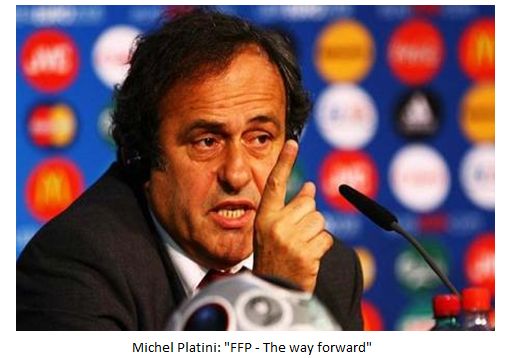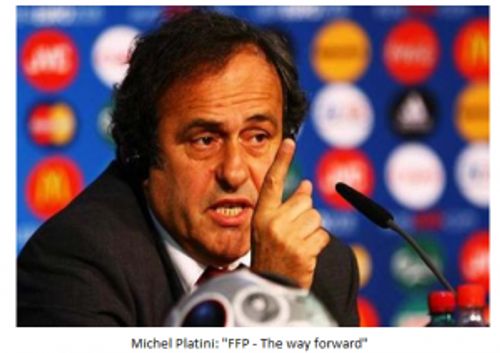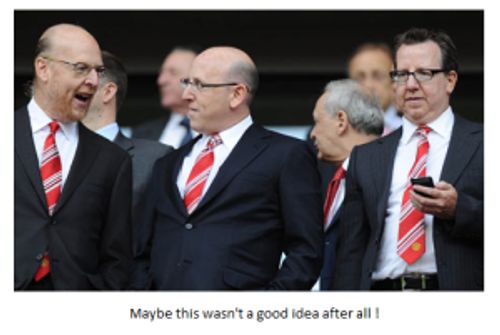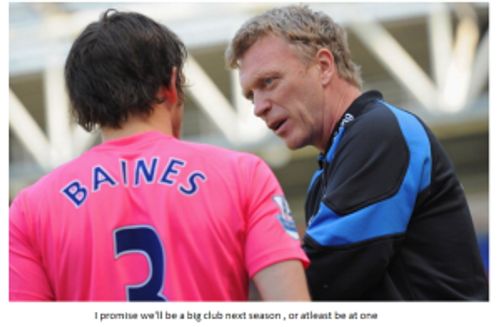
UEFA Financial Fair Play: Why it might not be good for the game
The UEFA Financial Fair Play Regulations were brought in by UEFA to prevent professional football clubs living beyond their means. It had become a trend for clubs to spend more than they earned in their pursuit of success, and in doing so getting into financial problems which might threaten their long-term survival.
In its very crude sense FFP aims to curb the big spending by clubs in European football. It aims to create a more “level playing field” and have a hold on wealthy owners giving their clubs an unfair advantage over the others. With a plethora of penalties for those who don’t comply with the rules, the ultimate penalty being disqualification from European competitions, UEFA has managed to create a huge buzz amongst the European football clubs.
This article looks into the other side of FFP. But before we do that, let’s have an overview of FFP.
A quick background on FFP
Gianni Infantino, UEFA’s general secretary, described FFP as the last wake-up call. Pointing to the risk of crisis, liquification of clubs and bubble bursts, he says “we simply cannot go on like this”. UEFA’s president, Michel Platini considers FFP “vital for football’s future.” And they aren’t wrong when one looks at the financials of the football clubs.

In 2010, Portsmouth FC had a shortfall of almost 60 million pounds. The club went under administration to avoid being liquidated, were slapped with a nine-point deduction from the Premier League and ultimately were relegated into the lower division. A similar series of events had affected another English club, Leeds United. Manchester City was in debt of 197 million pounds at the end of the 2011/2012 season.
Across Europe the scene was no better. Elite European clubs like AC Milan and Inter Milan had debt piling up. Clubs like Porto, SL Benfica, Ajax and PSV were forced to cover their losses by selling their star players (who were bought at cheat prices / were products of their academies) at large profits. Even the biggest names in world football, Real Madrid and Barcelona, sit on top of a mountain of debt (541 million euros and 441 million euros respectively).
Despite these large figures of “debt”, the likes of Real Madrid, Chelsea , Barcelona and Manchester City have splashed the cash to bring in players (in case of Real Madrid, an outrageous 86 million pound move for a player from a club with barely any modern day Champions League experience and which plays third fiddle to its London peers Arsenal and Chelsea).
There is also the case of leveraged buyouts at Manchester United and as Tom Hicks and George Gillett tried to (and nearly did) with Liverpool FC. Leveraged buyouts is a practice where the owners borrow heavily to buy a football club, and then use future earnings to pay the interest. So while clubs like Chelsea and Manchester City have used their debt to fund the purchase of better players and Arsenal used theirs to build a new stadium, Manchester United’s debt was only used to enable the Glazers to buy the company. Quite comical!

A bunch of wealthy benefactors had also ushered in money at their clubs creating, in UEFA’s view, an unfair playing ground. Hence came about the FFP.

Why FFP might not be good for the game
Creation of a Big Club Status Quo
Sadly, what FFP fails to recognize is that it has created a “big club status quo”. Considering that now clubs can only spend what they earn, the “big clubs” will continue to be big and the clubs in the lower tiers have seemingly no way up. A few years ago it was possible that a club in the League two division of England would secure promotion all the way into top flight and even challenge for European honours. After all, the great Bill Shankly is given credit for having done the same with Liverpool FC. But with the FFP in place there is no way that a team in the lower divisions of any country can aspire to be a “Big Club”. Having said that, it makes complete sense that UEFA’s FFP rules are what pushed Manchester City to spend like there was no tomorrow. They had to do it before “the gates were shut”. If not, Manchester City would never have become a “Big Club”.
